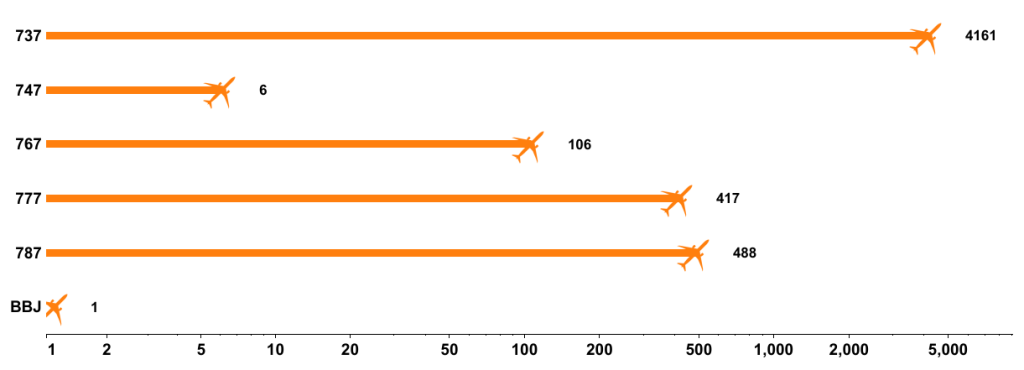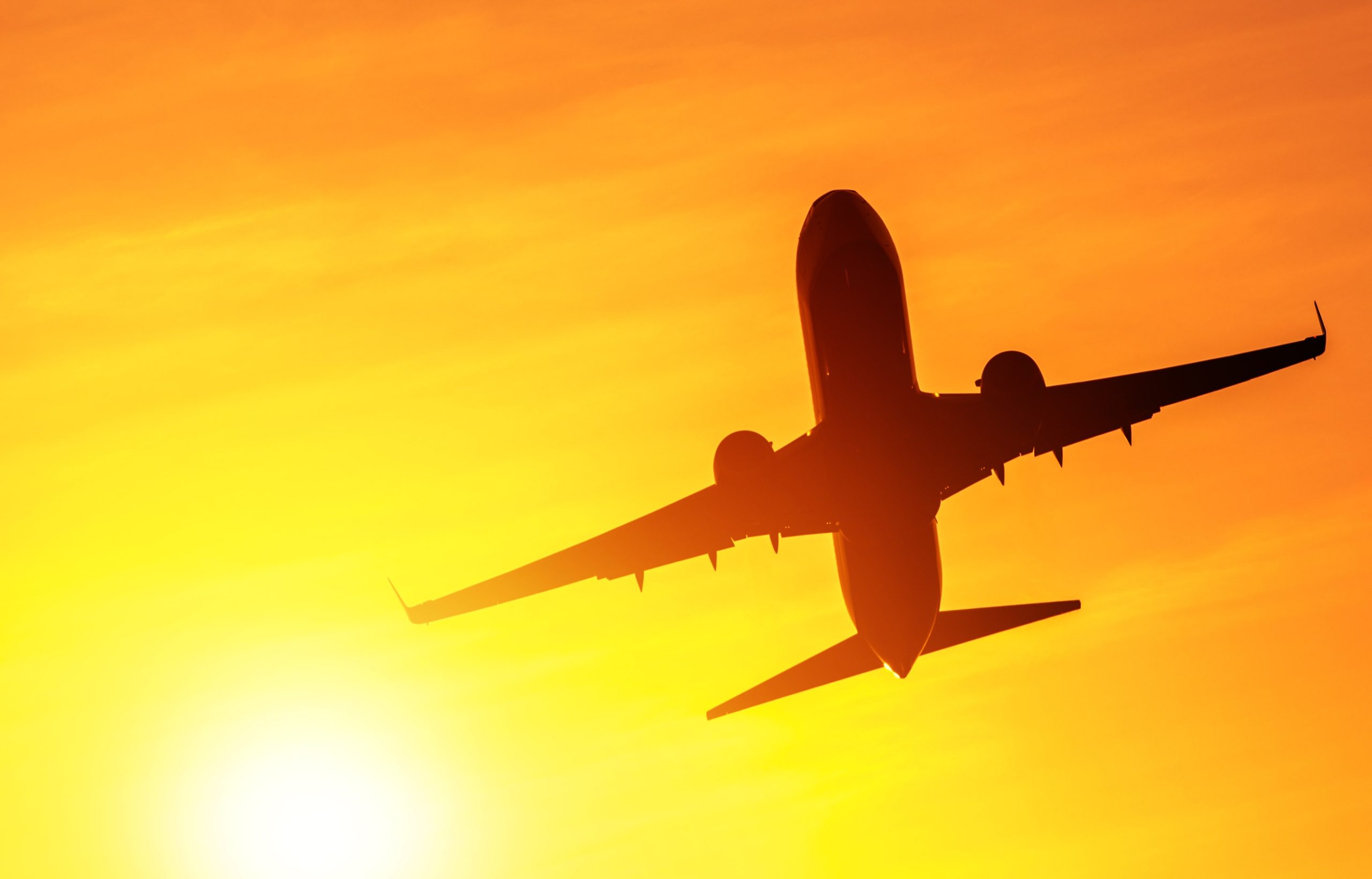The latest trending documentary on Netflix is called Downfall: The case against Boeing.
The present article is meant to highlight the most important leadership lessons this documentary outlines.

Screenshot source: netflix.com
The Netflix documentary investigates the 2018 and 2019 Boeing 737 MAX crashes
In 2018 a Boeing 737 MAX crashed thirteen minutes after taking off from Indonesia. Boeing blamed the pilot for lacking the necessary training to pilot the aircraft fitted with the latest systems.
Five months later, a second Boeing 737 MAX crashed six minutes after taking off from Ethiopia. This time the pilot had received proper training, but the aircraft still crashed.
The Boeing crashes incurred a death toll of 346 people. It was the first time in aviation history when two aircraft from the same manufacturer crashed within months of each other.
The government of the USA launched a public investigation looking for explanations. The families of the people who died in the harrowing crashes were calling for Boeing to provide answers. The world, baffled and in shock, was following the investigation closely, still in disbelief at the dramatic situation in which one of the best and oldest global aircraft manufacturers found itself.
What was going on at Boeing, a brand with a legacy of over a hundred years and an impeccable reputation?
How could two of the company’s best planes crash so quickly after take-off?
What was wrong with 737 MAX, one of the company’s most successful and innovative planes?
These were some of the questions everyone was asking at that time.

The Boeing 737 MAX (screenshot source: boeing.com)
Boeing, short history and the company’s most important milestones
Today Boeing is in the Top 3 largest global aerospace manufacturers. The company manufactures and sells airplanes, helicopters, rockets, satellites, telecommunications equipment, and missiles worldwide.
The Boeing name is synonymous with engineering innovation and the highest level of quality and safety.
- 1916: Boeing was founded in the United States by timber entrepreneur and industrialist William E. Boeing
- 1919: The company achieved the first international postal delivery
- 1931: Initially a subsidiary of Boeing, United Airlines is formed and became the oldest commercial airline in the United States
- 1933: Boeing 247, the first modern passenger plane is launched
- 1957: Boeing 707, the first commercially successful jetliner takes its first flight
- 1968: Boeing 747, affectionately known as “Queen of the Skies, was the first jumbo jet and is the President’s plane, Air Force One since 1990
- 1993: Boeing 777, the first jetliner to be wholly designed by computer
- 1997: Boeing merged with McDonnell Douglas, a major American aerospace manufacturing corporation and defence contractor
- 2015: Boeing 737 MAX was built and became the company’s best and fastest-selling aircraft; in 2018 and
- 2019, two 737 MAX planes crushed
- 2018: The first company in the global aerospace industry to surpass 100 billion U.S. dollars in revenue;
- 2021: Boeing generated 62.29 billion U.S. dollars as a result of the pandemic (Statista).

The number of unfilled orders for 2022 (screenshot from boeing.com)
Key data uncovered by the investigation into the two 737 MAX crashes
Following the second crash, the US Justice Department launched an investigation to uncover the cause and bring justice to the families of the victims.
The investigation lasted 18 months and its report concluded the following:
New software had been installed on the plane. Boeing installed new software to the plane’s flying system called MCAS. MCAS is short for Maneuvering Characteristics Augmentation System and is a flight control law implemented on the 737 MAX to improve aircraft handling and decrease pitch-up tendency at elevated angles of attack.

Source: The Wall Street Journal
The new software was intended to correct a design misalignment. The engines are larger and placed higher than those on the plane’s predecessor which can cause the jet’s nose to push upward. The system was activated by a sensor placed on the exterior hull to push the nose downward. Due to its location, the sensor could easily be damaged and trigger the system which is exactly what happened. The system received false signals, pushed the airplane nose down and basically crashed it.
The MCAS was flawed. The pilot of the Indonesian flight didn’t know what was going on and tried to bring the nose up to no avail. After the first crash, Boeing instructed pilots to switch the system off when falsely triggered. The pilot of the Ethiopian flight switched the MCAS off per Boeing’s instructions. but the system didn’t respond, and the plane crashed.
The pilots and the FAA had not been informed about the MCAS. Boeing has hidden critical information regarding 737 MAX systems from the FAA and pilots. For any addition brought to the plane and its systems, aircraft manufacturers are required to inform the FAA and train the pilots accordingly.
Boeing management had been informed about the dangerous vulnerability of the MCAS. Internal communication revealed that several Boeing employees raised concerns over the years about the safety of MCAS but management didn’t address them.
Overall context and conclusions:
- Boeing launched a passenger plane with a design flaw that rendered the plane vulnerable to system errors;
- The company was receiving strong competition from Airbus, a French aircraft manufacturer;
- Boeing management deliberately disregarded employee concerns and standard safety procedures and protocols;
- Since the merger in 1997 with McDonnell Douglas, the company has adopted a different approach to market competition. Before, Boeing was the #1 aerospace company thanks to its engineering innovations; after 1997, the company was competing by cutting costs;
- With competitor Airbus building a new and modern plane, effectively looking to replace Boeing as the industry leader, the Boeing leadership made a series of missteps and poor choices. Instead of building a new plane, which would have cost the company time and money, but allow Airbus to increase its market share, Boeing chose to upgrade a plane designed fifty years earlier.
Leadership lessons to be learned from the Boeing tragedy
1.Common values are essential for the success of the business.
Merging is an effective business tactic to expand market share or develop the business further. But before merging with another company, understand its culture and values. If one business values high quality and the other business values low costs, the resulting new company could face serious problems including changes to the product.
2. Always listen to your employees.
Build a company culture where employees are empowered to speak up and leadership makes it their role to take their questions and concerns seriously. These employees protect your business from failure. When they go silent, it’s time for a leadership change.
3. Find your blue ocean.
Always compete on value, not price cuts. Competing on price is not a business strategy, there is always some other business with lower prices.
4. Never skip safety rules and regulations applying to your industry.
5. Always take responsibility for the consequences of your decisions.
Leadership makes decisions about the company and its customers. In Boeing’s case, it was about people’s lives. When in a crisis, step up and acknowledge the mistake. It’s better to lose revenue in the short term than brand reputation. Revenue can be restored, but losing your reputation will have a deeper and longer impact on your brand and is a lot harder to restore.
Sources: Downfall: The case against Boeing, Boeing.com, New York Times




















